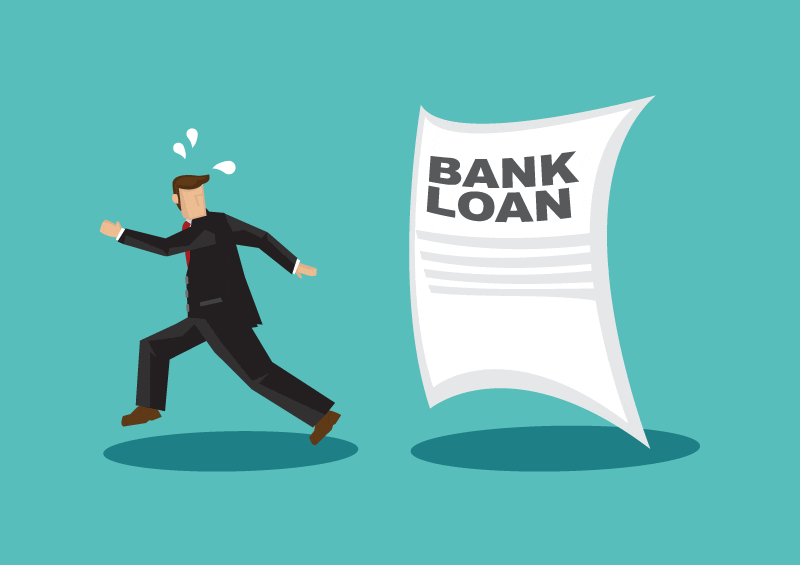
7 Biggest Ways Kenyans Waste Money
People often waste money in various ways. Avoiding these common pitfalls and practicing good financial habits can help individuals save more money and achieve their financial goals.
Here are seven of the biggest culprits:
- Impulse Buying: Purchasing items on a whim without considering whether they are necessary or within their budget. Impulse buying can lead to overspending on items you don’t need.
- Eating Out Frequently: Dining at restaurants or ordering takeout regularly can be costly compared to cooking at home. Cutting back on eating out can save a significant amount of money.
- Subscription Services: Subscribing to numerous streaming services, magazines, or other subscription-based products without regularly using them can result in wasted money. It’s important to evaluate which subscriptions are genuinely valuable to you.
- High-Interest Debt: Carrying high-interest debt, such as credit card balances, can result in substantial interest payments over time. Paying down debt should be a financial priority to avoid this waste of money.

- Unused Gym Memberships: Many people sign up for gym memberships with good intentions but end up not using them regularly. Paying for a gym you don’t use is a waste of money.
- Brand Name Products: Choosing brand-name products over generic or store brands for everyday items can lead to higher expenses. In many cases, the quality difference may not justify the price difference.
- Not Saving or Investing: Failing to save or invest money means missing out on the potential for your money to grow over time. It’s important to set aside a portion of your income for savings and investments to secure your financial future.





